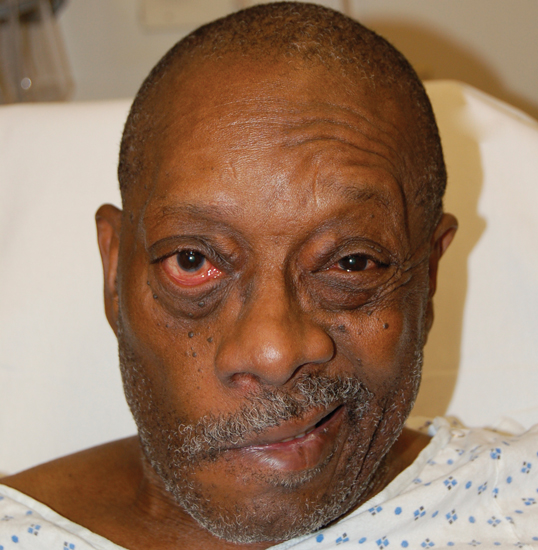Brain
Symptoms of stroke

Common Signs of a Stroke
A stroke happens when there’s a disruption in the brain’s blood flow, caused by either an obstructive blood clot (ischemic stroke) or a ruptured blood vessel (hemorrhagic stroke). This is a severe medical situation that calls for immediate action.
Typical indications of a stroke range from unexpected numbness or loss of strength in the face, arm, or leg, particularly on one side of the body. Other clue signs may consist of confusion, difficulty in communication or comprehension, trouble with vision in one or both eyes, vertigo, and intense headache. These manifestations might diverge among individuals, but their early recognition is vital for seeking timely medical intervention. Rapid identification and reaction to stroke markers can significantly influence a patient’s prognosis, elevating the likely hood of recuperation. If you or someone close to you exhibits any of these common stroke alerts, it’s of paramount importance to dial for emergency aid immediately.
Importance of Early Detection
This serious health problem calls for urgent medical attention. The crucial nature of early detection cannot be emphasized enough as it can notably enhance the chance of a favorable outcome when treatment is speedily administered. Understanding the key signs of a stroke is a critical step towards securing immediate medical intervention. Frequent symptoms may include sudden facial, arm or leg weakness or numbness, challenges in speaking or comprehending spoken words, and intense headaches. It is vital not to dismiss these cautionary signals. If these symptoms occur in you or a nearby individual, it is important to promptly seek medical assistance. Bear in mind, in the context of a stroke, time is an extremely vital factor – swift identification and treatment could potentially be life-saving and reduce long-term impacts.
When to Seek Medical Help
A stroke transpires when the circulation to the brain is interrupted, either due to an obstruct or rupture of a blood vessel. It is a pressing medical crisis that necessitates immediate intervention. In the circumstance of a stroke, time plays a crucial role. If you or anyone nearby manifests sudden frailty or loss of sensation in the face, arm, or leg, predominantly on one half of the body, it’s critical to call for medical aid without delay. Other indications that demand urgent action consist of speech difficulty, disorientation, an intense headache, vertigo, and visibility issues. Recall, each moment is critical in stroke therapy, so it’s essential to dial emergency services immediately. Timely medical response vastly enhances the probabilities of a successful recovery and reduces potential long-term repercussions
